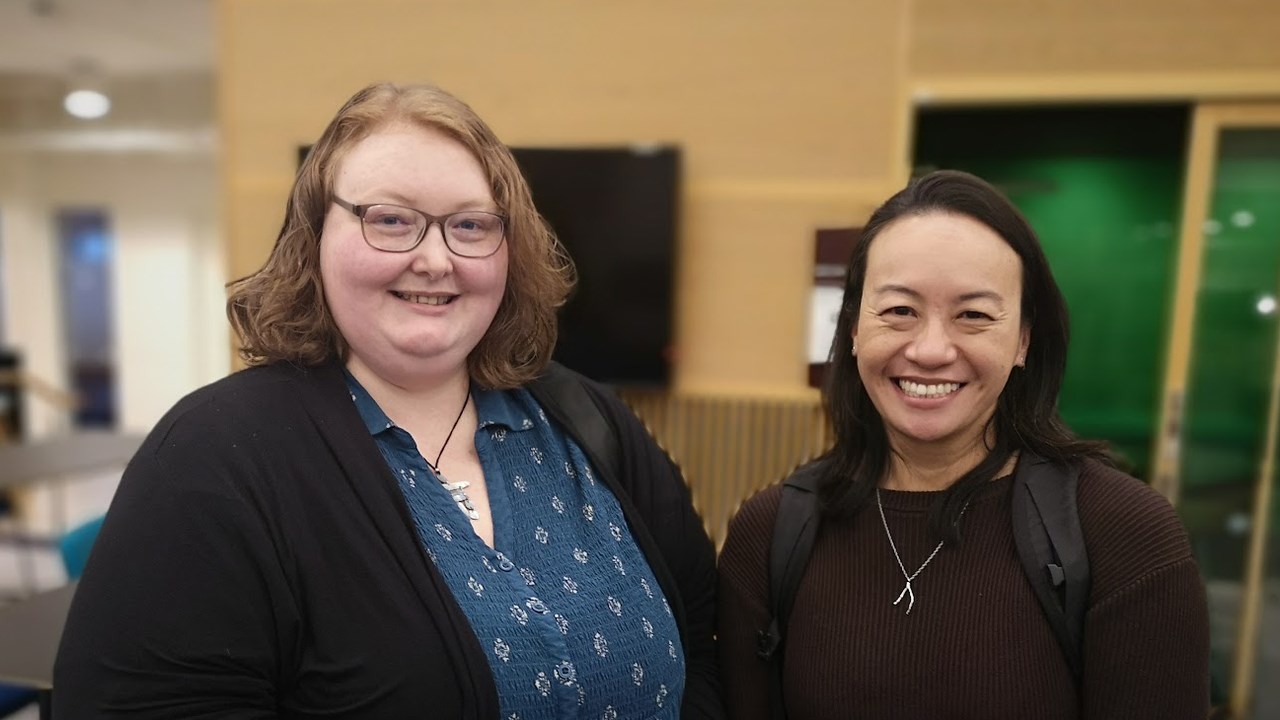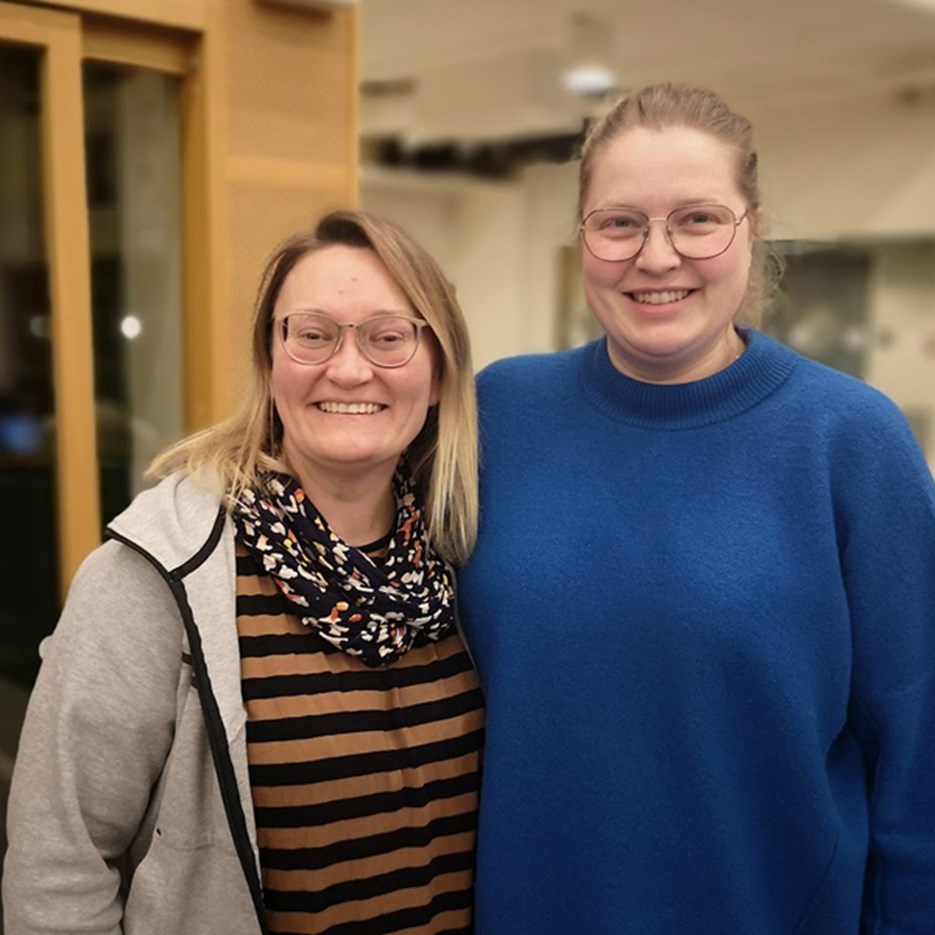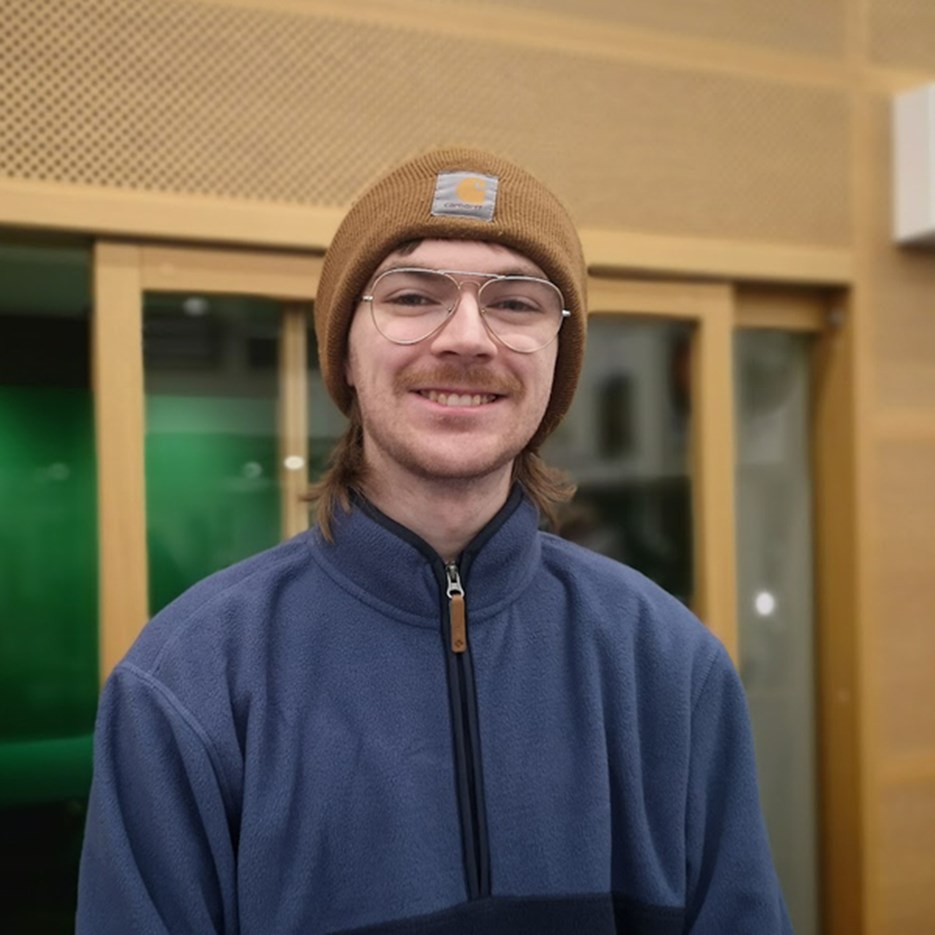The five PhD-students and their research areas
Amy Katharine Bartlett (Canada)
The aim of this research study is to collect the experiences of Nunavut educators about literacy instruction and bilingualism to provide insights into the implementation of a new literacy framework adopted during the 2014/2015 school year. It is anticipated that this will provide useful information to allow educational leaders to improve the on-going implementation of this literacy initiative and will inform the implementation of future educational initiatives in Nunavut.
e2bc7@unb.ca
Elizabeth Lay (Iceland)
Her PhD project examines the perspectives, positions and practices of immigrant families in Iceland's predominately white inclusive education system. It aims to shed light on the advantages and disadvantages influenced by multiple social dimensions such as race, class, gender and immigrant status.
elizabeth@hi.is
Flora Tietgen (Iceland)
Research: immigrant women's experiences of intimate partner violence in Iceland and their experiences with support seeking with governmental and non-governmental institutions. Flora Tietgen is currently working on a paper on institutional whiteness and the lack of reflection of colonial power relations within Icelandic institutions as well as a lack of training to provide services for minoritized groups.
flora@hi.is
John Dale (Canada)
He is applying Svetlana Boym's Nostalgia Theory to Rural Community Economic Development (RCED), in-particular island communities in the North Atlantic. His international comparative research attempts to not only uncover how collective imagined pasts impact future place-making, but examines the co-construction of identity and the element of power as it relates to RCED. He is a Rural Studies PhD Student at the University of Guelph.
jdale08@uoguelph.ca
Johanna Björkell (Finland, Vasa)
Digital Relational Competence for Higher Education Teachers in a Finland-Swedish context.
johanna.bjorkell@abo.fi




